The desert has long been a destination for many a spiritual quest; Italian psych dark folk songwriter Nero Kane drags it into the sonic landscape with the cinematic Tales of Faith and Lunacy.
As the beloved “Spaghetti western” genre of film and music married the flavour of the American West with medieval European mystical experiences, Kane’s haunting scores take us on a gloomy, minimal psychedelic trip through a stark vista; a bleak nightmare languidly unfolding in a house of holy. Kane’s hypnotic ballads evoke the rhythm of a horseback ride through dusty prairies, where echoes of holy women appear in the heat of the day and in the chill of the night. Kane channels the divine in his lyrics: Mechthild Von Magdeburg, a thirteenth-century Christian mystic, is quoted in the album. Readings with a gospel ring converge in a crescendo of organ and strings.
Nero Kane’s style channels the energies of Nick Cave, Johnny Cash, Orville Peck, Wim Wenders’ Paris, Texas, Jim Jarmusch’s Dead Man and the visionary border landscapes of Cormac McCarthy.
Lord Won’t Come, the first single from Tales of Faith and Lunacy (perhaps a play on the Depeche Mode album?) is a bizarre, unsettling number; it is minimal, bleak, and foreboding. The accompanying film, directed by Samantha Stella, slowly pans across wooden crosses, graves, and the interior of a Catholic church. Kane drawls “Lord won’t come” as we witness the (perhaps futile) faith of the frozen statues of Mary, eyes ever upward in hope. The lyrics of “Lord Won’t Come” describe a barren landscape, whipped by a strong wind that raises the dust of a world in collapse, with no chance of hope. (The visual images also refer to the film “The Turin Horse” by Hungarian director Béla Tarr.)
Tales of Faith and Lunacy was recorded and produced in Italy by Matt Bordin (Squadra Omega) of Outside Inside Studio, with guest violinist Nicola Manzan (Bologna Violenta). The album also features singer, musician, and lyricist Samantha Stella. This is the second album after the 2018 debut LP Love In A Dying World, (via American Primitive), recorded and produced in Los Angeles by Joe Cardamone (The Icarus Line/Holy War).
Tales of Faith and Lunacy is out now via Nasoni Records, Berlin (vinyl), BloodRock Records, Italy (CD), Anacortes Records, Italy (cassette)
Watch Lord Won’t Come
Kane lays out the rest of the tracks’ influences here:
02 Mechthild
The lyrics of “Mechthild” are inspired by the writing “The Flowing Light of the Godhead” by Mechthild of Magdeburg, a thirteenth-century German Christian mystic, with a paragraph quoted at the end of the song.
A visionary story about a love full of passion and sickness for God.
03 Mary of Silence
The song “Mary of Silence” describes a spirituality lived in its darkest and most dramatic meaning. Despite the Christian vision, suicide is here experienced as an extreme form of salvation from earthly unhappiness and a conjunction with the Holy Mary.
04 Magdalene
The song “Magdalene” unfolds in a personal vision of the biblical figure of Magdalene, one of the main followers of Jesus and a witness of his crucifixion and aftermath, here depicted as his real lover.
05 Lost Was the Road
The lyrics of “Lost Was the Road” are inspired by the post-apocalyptic novel “The Road” (2006) by American writer Cormac McCarthy, a journey across a landscape blasted by a cataclysm that has destroyed almost all life on Earth.
06 I Believe
The song “I Believe”, a kind of short ballad with a flavour close to the most religious Johnny Cash, is conceived as an unconditional faith in the loved one, of whatever kind, a need for belonging and abandonment to a mystical and pagan nature at the same time, in search of a sign of comfort.
07 Angelene’s Desert
The title is a tribute to the song “Angelene” by PJ Harvey. The lyrics of “Angelene’s Desert” are conceived as a sort of poetry reading, a sermon featuring paradisiacal landscapes that are now turned into darkness.

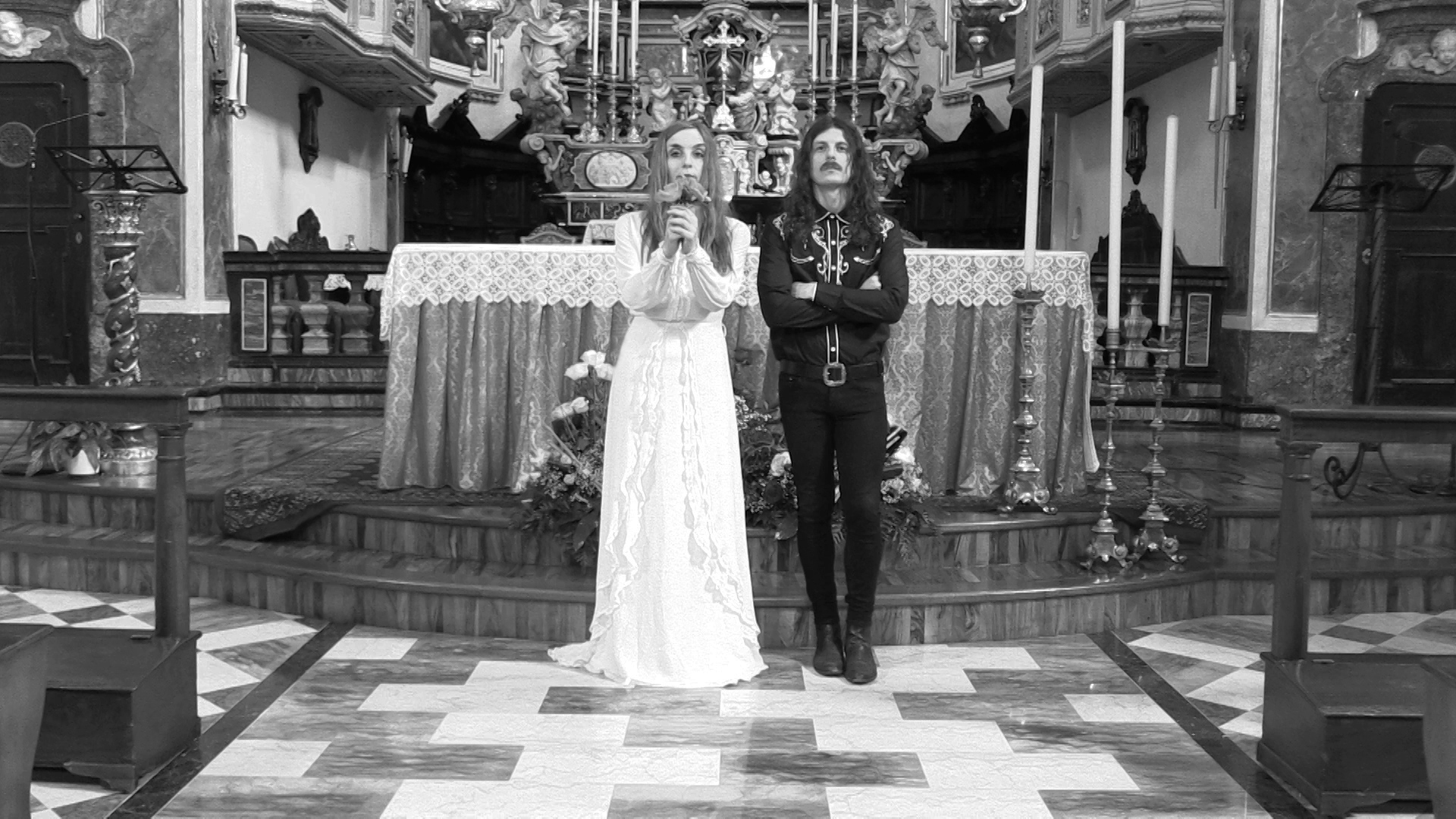

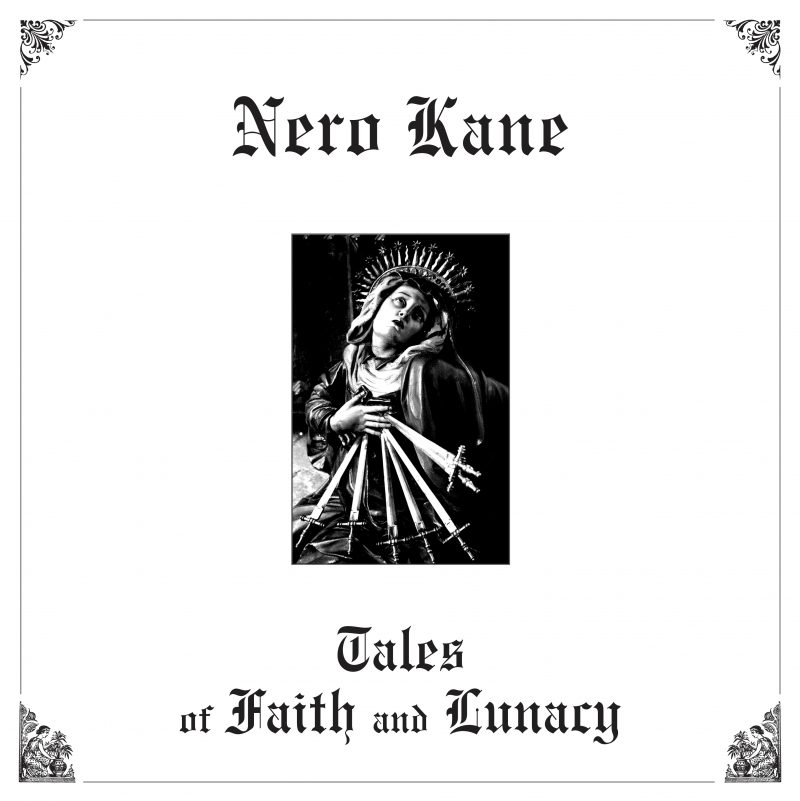
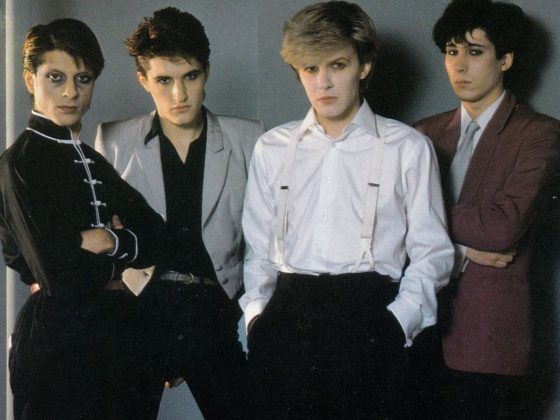


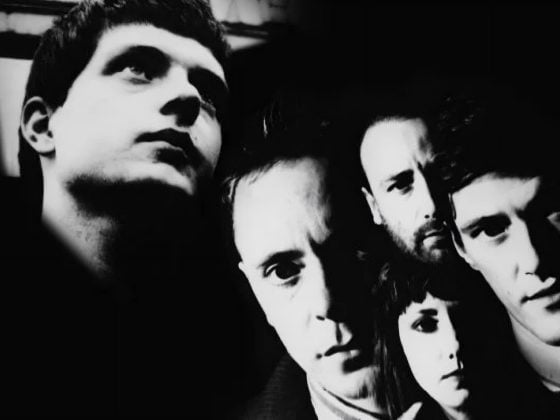

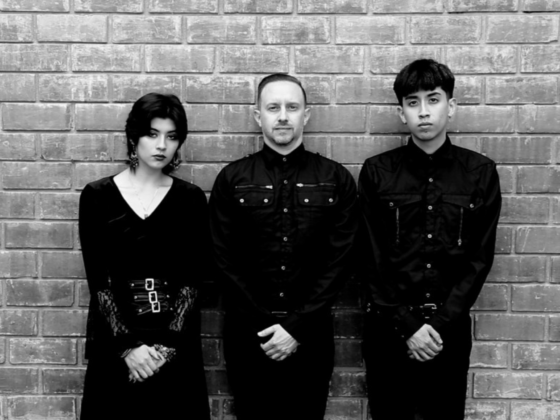
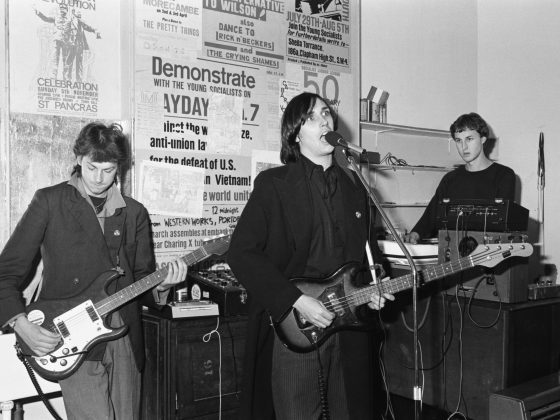





 Or via:
Or via: